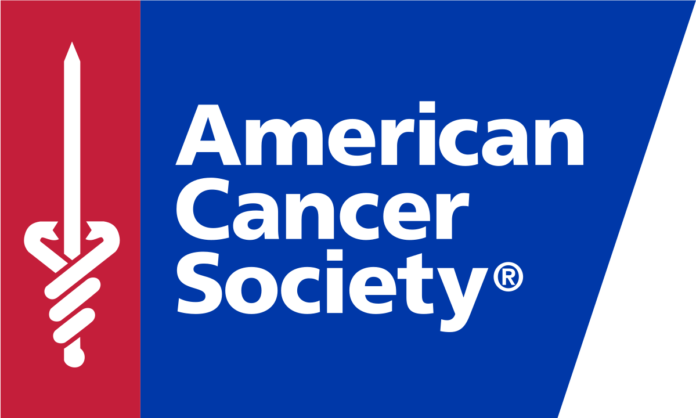Caregiver Sees Three Family Members Diagnosed within a Year
The role of caregiver is one Keith Howard knows well. He is president and CEO of an organization providing help, healing and hope to children and families in crisis. He has also seen up-close the devastating effects caused by cancer.
A few years ago, Howard’s sister was diagnosed with breast cancer, and that same year his father received a prostate cancer diagnosis. A year later, his mother learned she had breast cancer. “My sister fought until the very end,” Howard said. “She passed away in 2017. Losing her really put me under and led me to attend individual therapy for the first time in my life. She was always the more stable and responsible one, and I was the baby brother who flew by the seat of my pants. Then suddenly cancer took her, and it was just me.”
The reality of losing a sibling hit hard, Howard says, and stirred many emotions he had never confronted.
“Knowing someday I’ll say goodbye to my parents alone is something that affected me early on after she passed,” he said. “It was literally something I had never processed. There was never a moment that I didn’t think she would be there. I never imagined life without an older sister.”
Howard assumed the role of caregiver to his parents, helping them on their individual cancer journeys. His mom is doing well, he says, but his father’s prostate cancer returned in 2018. He had surgery and is undergoing treatment, and currently both his health and prognosis are good.
“Mom is 62, and Dad is 65,” Howard said. “But my dad’s cancer coming back stirred up those emotions all over again. I began wondering how I could step up and help more. What if this diagnosis takes a turn for the worse and we lose him? He’s so young and so is my mom. Why are we going through this again? I also wrestle with when will it happen to me? I think Mom and Dad fear that as well. When your three closest family members are all diagnosed within a year of each other, it definitely makes you understand the vulnerability of life and health.”
This year the American Cancer Society, like so many other organizations and individuals, felt the financial effect of the global COVID-19 pandemic. Maintaining core services and life-saving research has been a struggle, but it’s one Howard says is vital to those who are fighting cancer, and the caregivers who support them.
“I think society has normalized cancer,” he says. “They think ‘Oh, cancer is just something that happens to millions of people.’ But it shouldn’t be normal. The research the American Cancer Society does is critical to providing hope and life-giving techniques, so other families don’t have to go through this heartache. Cancer disrupts life and in the unfortunate cases, it takes life. That isn’t okay. Just because it might be out of sight, out of mind unless someone or a family member is diagnosed doesn’t make the research and awareness any less important.”
As Howard reflects on his caregiver role, he believes its important for those facing cancer to have excellent care and treatment, but they also must have hope. That’s why he says the new ACS Chad Richison Hope Lodge Oklahoma will be a blessing to so many.
“Having a place like Hope Lodge is essential in two ways,” he says. “First, it will alleviate the burden of costs for traveling to Oklahoma City for treatment. And second, having a space where you are around other people who ‘get it’ and know what you are going through is equally encouraging. As a family member to those with cancer, I often find myself relating better to others who are experiencing the same journey or season.”
Cancer affects everyone, Howard says, from the cancer patients themselves to friends and ultimately the entire family.
“Cancer is a gut punch,” he added. “It steals things like years, birthdays, holidays and childhoods. Investing in ACS research, advocacy and support is essential to fighting for those moments back. A few years ago, I would have told you I didn’t have anyone close to me that had cancer, much less died from it. Since then I lost my sister, my parents were diagnosed, I lost an uncle to cancer and three of my aunts were diagnosed with breast cancer. This is a battle none of us saw coming. Yes, ACS and their support matters, because people matter, and cancer should not get the last word.”
Additional information on the American Cancer Society and its services, as well as advice for caregivers, can be found at www.Cancer.org or by phone at 1-800-227-2345.













